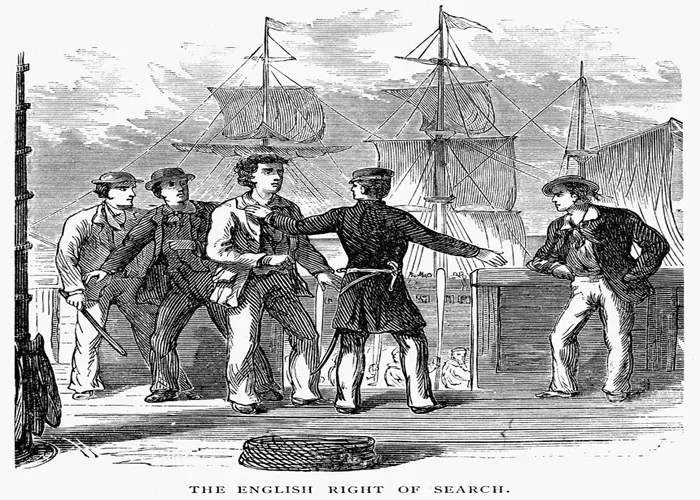January 2 has witnessed several notable events throughout British history, ranging from military achievements to cultural milestones. This article delves into these occurrences, providing a detailed overview of their significance and impact.
What Happened on January 2 in British History?
1. Birth of General James Wolfe (1727)
One of the most significant events on January 2 is the birth of James Wolfe in 1727. Wolfe was a British Army officer known for his pivotal role in the Seven Years’ War, particularly during the Battle of Quebec in 1759. His military career began early, and he quickly gained recognition for his leadership and strategic skills.
Early Life and Career: Born in Westerham, Kent, Wolfe was the son of a military officer. He joined the army at a young age and participated in various campaigns, including those in Flanders and Scotland. His experience during the Jacobite Rebellion helped him earn a reputation among his superiors.
Victory at Quebec: Wolfe’s most famous achievement came during the siege of Quebec City, where he led British forces against the French. His innovative tactics and ability to inspire his troops were crucial to the British victory. Unfortunately, Wolfe was mortally wounded during the battle, but his legacy endured as he became a national hero, symbolizing British military success.
2. Capture of Calcutta by Robert Clive (1757)
On January 2, 1757, another pivotal event occurred when Robert Clive, known as Clive of India, captured Calcutta from the Nawab of Bengal. This event was crucial in establishing British dominance in India.
Background: The capture was precipitated by earlier conflicts that included the infamous incident known as the Black Hole of Calcutta, where many British prisoners died under harsh conditions. Clive’s successful military campaign not only reclaimed Calcutta but also laid the groundwork for British colonial rule in India.
Impact on British India: Clive’s victory marked a turning point that led to the expansion of British influence in India. He played a key role in establishing the East India Company’s control over Bengal, which subsequently became a significant source of wealth for Britain. His actions set a precedent for future colonial endeavors and shaped the course of Indian history.
3. Founding of the Royal Academy (1768)
While not directly on January 2, it is noteworthy that January marks significant developments in British culture, including the founding of the Royal Academy on January 10, 1768. This institution played a vital role in promoting arts and education.
Cultural Significance: The Royal Academy was established to promote the visual arts through education and exhibitions. It became a cornerstone for artists and art lovers alike, influencing generations of creators and shaping public appreciation for art.
Conclusion
January 2 stands out as a day marked by significant events that have shaped British history from military victories to cultural advancements. The birth of James Wolfe symbolizes military prowess while Robert Clive’s actions laid foundations for colonial expansion. These events reflect broader themes of conflict, exploration, and cultural development within Britain’s rich historical tapestry.In reflecting upon these events, we see how they not only influenced their contemporaries but also left lasting legacies that continue to resonate today. Understanding these historical milestones allows us to appreciate the complexities and nuances of Britain’s past—a past that informs its present and future.This exploration into January 2 illustrates how history is not merely a collection of dates but a narrative woven through human experiences and actions that continue to shape our world today.
Related Topics:

